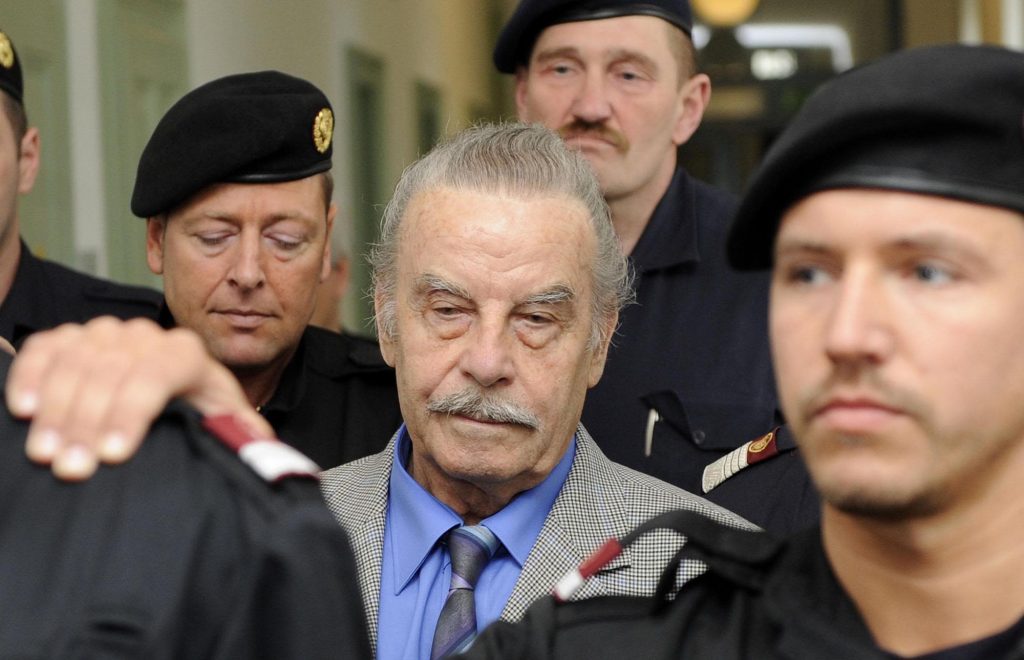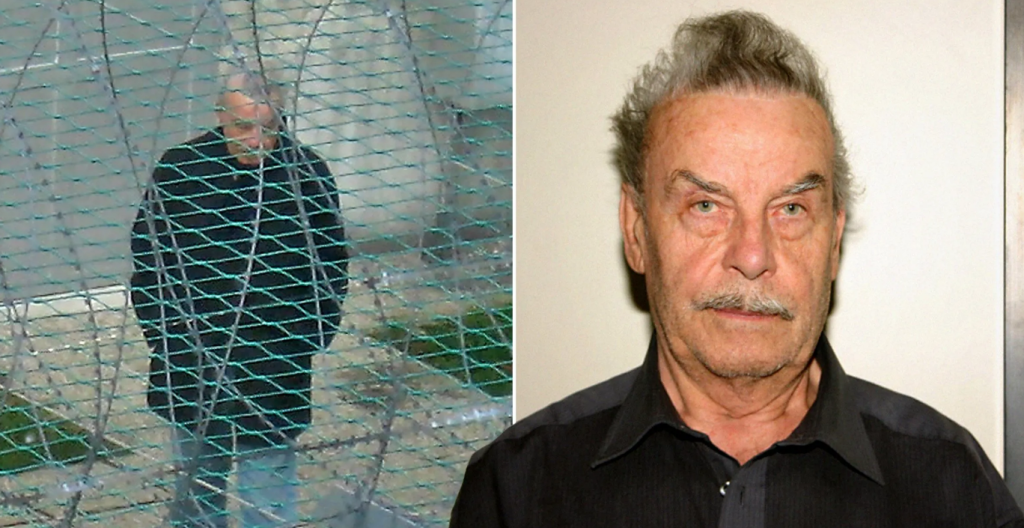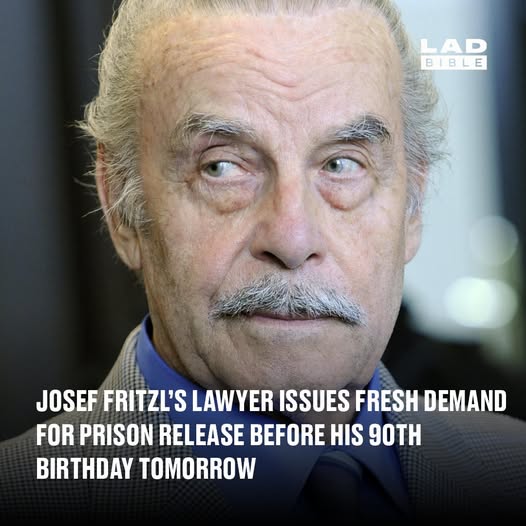Josef Fritzl, the Austrian man notorious for imprisoning and abusing his daughter Elisabeth over a span of 24 years, is approaching his 90th birthday on April 9, 2025. His legal team, led by attorney Dr. Astrid Wagner, is advocating for his release from prison, citing his advanced age and deteriorating health due to dementia.
Background of Josef Fritzl’s Crimes
In 2009, Fritzl was convicted and sentenced to life imprisonment for multiple crimes, including murder by negligence, imprisonment, and rape. He had confined his daughter Elisabeth in a concealed cellar beneath his home in Amstetten, Austria, for 24 years, during which he repeatedly assaulted her, resulting in the birth of seven children. One of these children died shortly after birth. The case came to light in 2008 when one of the children required urgent medical attention, leading to Elisabeth’s rescue and Fritzl’s subsequent arrest.
Legal Efforts for Release
Dr. Wagner has been actively seeking Fritzl’s release, arguing that his dementia and advanced age render him no longer a threat to society. She contends that he requires specialized care that the prison system cannot provide and has proposed transferring him to a dementia care facility. In a statement to Heute, Dr. Wagner emphasized, “He needs special therapy. He wants to experience being released from prison.” Despite these efforts, previous requests for parole have been denied. Under Austrian law, individuals serving life sentences can be considered for parole after 15 years, a milestone Fritzl reached in 2024. However, given the severity of his crimes, the likelihood of parole remains low.

Mental Health and Delusional Beliefs
Reports indicate that Fritzl’s mental health has significantly declined. He reportedly suffers from delusions, believing that public figures such as former U.S. President Donald Trump are communicating with him through secret hand signals on television. Additionally, he imagines that applause from television audiences is directed at him, reflecting a distorted perception of reality. Dr. Wagner has highlighted these delusions as further evidence of his need for appropriate medical care outside the prison environment. She has also revealed that Fritzl harbors fantasies of being welcomed by cheering crowds upon his release, a notion far removed from public sentiment.
Public and Legal Response
The prospect of Fritzl’s release has been met with widespread public outrage and skepticism. His crimes are considered among the most heinous in recent history, and there is significant concern about the message his release would send. Legal experts and the general public question the appropriateness of granting parole to an individual responsible for such egregious offenses. In 2024, Fritzl was transferred from a high-security psychiatric unit to a regular prison. This move was interpreted by some as a step toward potential release, although authorities maintained that it was based on assessments of his current mental state and behavior.

Current Status and Future Prospects
As of now, Fritzl remains incarcerated, and his legal team’s efforts to secure his release continue. The Austrian judicial system faces the complex task of balancing the humanitarian considerations of an aging, ailing prisoner with the gravity of his crimes and the potential implications of his release. Given the severity of his offenses and the public interest in the case, it is unlikely that Fritzl will be granted parole in the immediate future. The legal proceedings surrounding his potential release are ongoing, and any developments will be closely monitored by both the media and the public.
Conclusion
In conclusion, while Josef Fritzl’s legal team is advocating for his release on the grounds of age and health, significant legal and public hurdles remain. The case continues to evoke strong emotions and serves as a stark reminder of the enduring impact of his crimes.

















